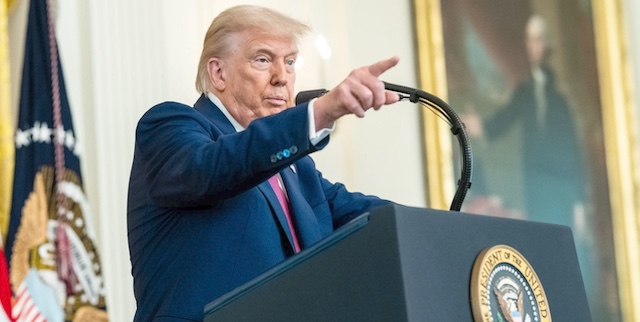House puts tax on remittances to foreign countries
Published 1:35 pm Friday, May 23, 2025

- Signs at the entrance to Lorena’s in Hermiston, Ore., advertise service to send money to other countries. A bill that passed in the U.S. House of Representatives on Thursday, May 22, would levy a 5% tax on money non-citizens send to their home countries if the bill becomes law. (Gary L. West/ Capital Press)
The “big beautiful bill” passed by the U.S. House on May 22 includes a 5% tax on money non-citizens send to their home countries.
The tax will hit illegal immigrants, according to House leaders, but also will apply to guest workers in the country legally on work permits. The USDA estimates 40% of farmworkers are in the country illegally. The tax will apply to other types of workers.
The tax will amount to a pay cut, National Council of Agricultural Employers CEO Michael Marsh said. “It may put added pressure on the wage rate to cover the cost of the tax,” he said.
The bill, officially titled the “One Big Beautiful Bill Act,” passed the House, 215-214. All 212 Democrats and two Republicans voted “no.” The bill now goes to the Senate.
Workers in the U.S. remit billions of dollars each year to other countries. India and Mexico are the leading recipients.
The Inter-Development Bank, which finances projects in Latin America and the Caribbean, estimated workers sent $161 billion to those regions in 2024. An estimated $65 billion was sent to Mexico.
The Mexican government issued a press release condemning the tax.
“This initiative has no justification for it, and we disagree with it,” Foreign Affairs Secretary Juan Ramon de la Fuente said.
“We will pursue the strongest defense, both politically and legally, because we believe this U.S. revenue-raising measure should not affect a significant and vulnerable portion of our compatriots,” he said.
The tax was included in a section of the bill that called for tightening restrictions on illegal immigrants receiving public benefits.
Under the bill, businesses transferring funds would be obligated to collect the tax, unless it verified the sender was a U.S. citizen or born in a U.S. territory.
Marsh said remittances to Mexico and elsewhere allow families to invest at home, reducing the motivation to come to the U.S. illegally. The tax, he said, “may encourage more irregular immigration,” he said.
There is evidence that remittances to other countries lead to economic development, rather than just an increase in consumption, according to a study by the Federal Reserve Bank of Dallas.






